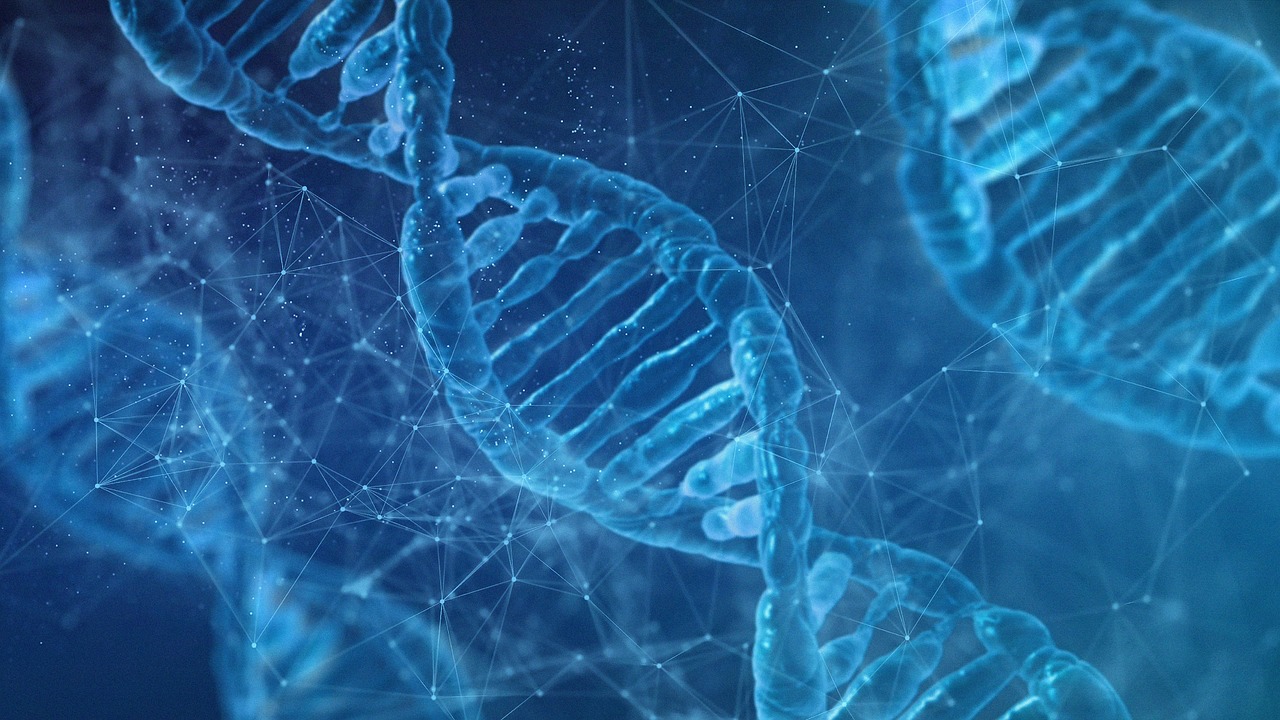Introduction:
Genetic engineering, a revolutionary field in biotechnology, has the potential to transform our world in unimaginable ways. While it offers numerous benefits, such as advancements in healthcare and agriculture, it also raises significant ethical concerns. This blog post delves into the ethical implications of genetic engineering, examining its impact on humans, animals, and the environment.
Ethical Considerations in Human Genetic Engineering:
Human genetic engineering holds immense promise for treating genetic disorders and enhancing human capabilities. However, it also raises ethical dilemmas. One concern is the potential for creating “designer babies” with enhanced physical or cognitive traits, leading to a society divided by genetic advantages. This raises questions about fairness, equality, and the potential for discrimination based on genetic makeup. Moreover, altering the germline, the genetic material passed on to future generations, raises concerns about playing with nature’s blueprint and the unknown long-term consequences.
Another ethical consideration is the consent and autonomy of individuals. The ability to manipulate the genetic makeup of individuals may lead to pressure on parents to make certain genetic choices for their children, potentially infringing upon the child’s right to self-determination. Furthermore, genetic engineering could exacerbate existing social inequalities, as it may be accessible only to those with financial means, creating a divide between the genetically enhanced and the unmodified population.
Ethical Implications for Animal Genetic Engineering:
Genetic engineering also extends to the realm of animals, with the aim of improving livestock productivity, disease resistance, and animal welfare. While these advancements offer benefits, ethical concerns arise. One such concern is the potential for animal suffering and welfare issues associated with genetic manipulation. Questions arise regarding the ethical limits of altering animal traits and whether we should prioritize human interests over animal well-being. Additionally, genetic engineering in animals may disrupt ecosystems if modified organisms are introduced into the wild, potentially causing unintended ecological consequences.
Environmental Considerations:
Genetic engineering in agriculture has the potential to enhance crop yield, nutritional value, and resistance to pests and diseases. However, it raises concerns regarding the impact on biodiversity and ecosystems. The introduction of genetically modified organisms (GMOs) may lead to the loss of natural genetic diversity, as engineered varieties dominate the market. Furthermore, the potential transfer of engineered genes to wild relatives could result in unintended consequences, such as the creation of superweeds or the disruption of natural ecosystems.
Conclusion:
As genetic engineering continues to advance, it is essential to critically examine the ethical implications associated with its applications. Balancing the potential benefits with the ethical considerations is crucial to ensure responsible and sustainable use of this powerful technology. Addressing concerns related to equity, consent, animal welfare, and environmental impact will be vital in shaping the future of genetic engineering. By engaging in thoughtful discussions and establishing robust ethical frameworks, we can navigate this complex terrain and harness the full potential of genetic engineering while upholding our shared values.
